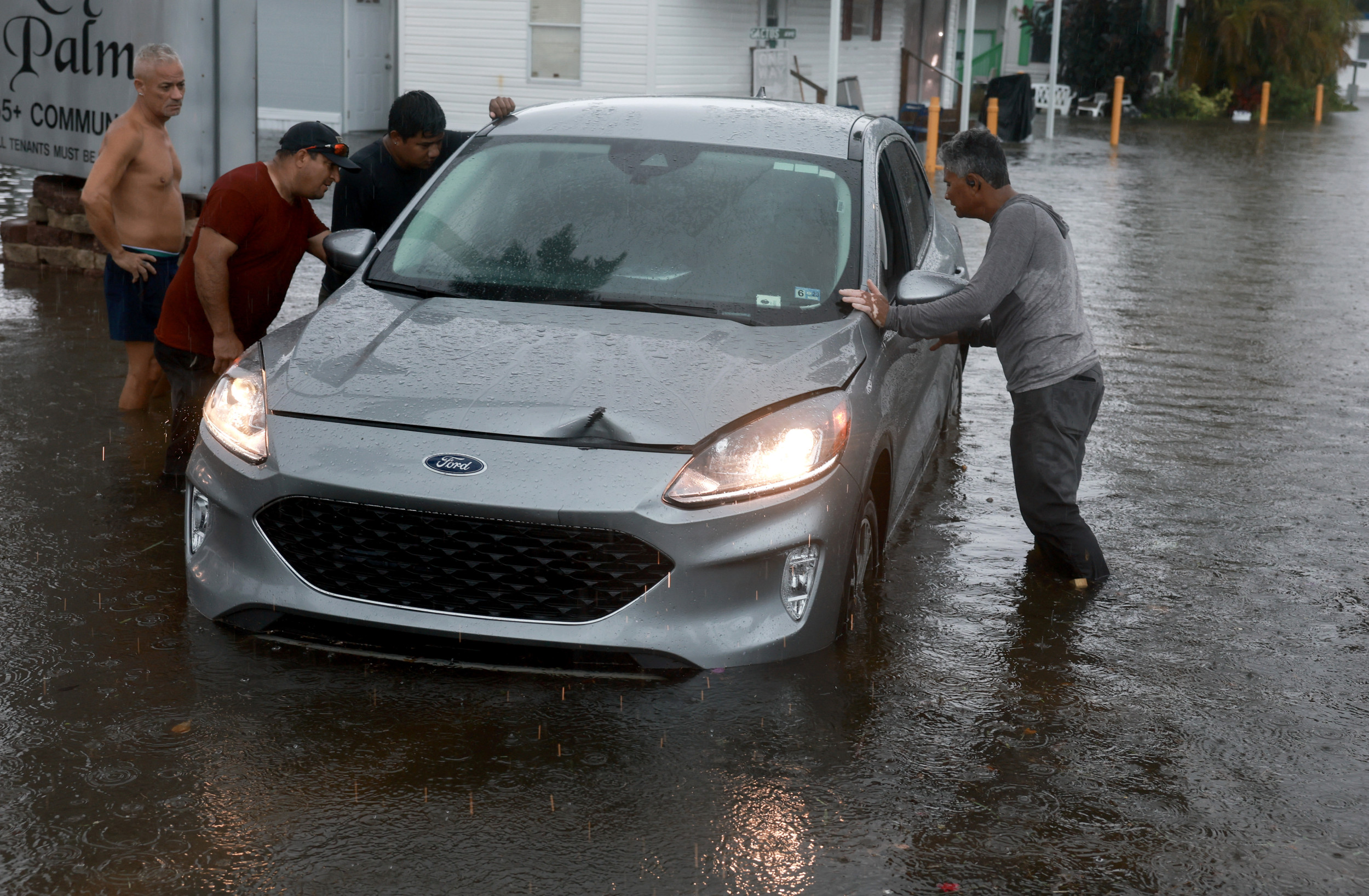A huge amount of water is being released from Lake Powell in an experiment to help raise Lake Mead's water levels.
The High Flow Experiment (HFE) will see up to 39,500 cubic feet per second of water being released from the Glen Canyon Dam over a three-day period, between April 24 and 27, the U.S. Bureau of Reclamation said in a statement. That is a lot more water than normal.
Lake Powell is formed by the Glen Canyon Dam, which lies in Northern Arizona, near the border with Utah.

From there, the water will flow through the Grand Canyon and replenish sandbars and beaches. This will also help to move sediment downriver, all the way down to Lake Mead, which lies on the border between Nevada and Arizona.
In a statement, the Bureau said that there were "favorable hydrology conditions" to support the experiment.
The southwestern U.S., which has been gripped by a severe drought for decades, has received a rare influx of rain and snowfall over the past few months. This has meant that there is a high amount of snowpack flowing from the mountains, which is good for reservoirs, but it will only provide a short-term solution to the drought-stricken area.
Lake Powell and Lake Mead have been in trouble in recent years as their water levels have been declining rapidly amid the dry conditions.
The two Colorado River reservoirs don't just provide water to millions living in the basin states, but the reservoirs produce hydropower through Glen Canyon and Hoover Dams.
Lake Mead has seen extremely low water levels over the past year. In July last year, the lake reached the lowest point it had ever been, at 1,040 feet. The water levels have risen slightly since then, but it still remains at only 30 percent of its usual capacity.
Tom Corringham, a research economist at the Scripps Institution of Oceanography at UC San Diego, previously told Newsweek: "Statewide snowpack in Colorado is about 120 percent of normal this year, which is a good thing, but refilling Lake Mead and Lake Powell will take years of above-average snowfall. We're definitely hoping for a run of good years, but the long-term outlook is not good. On the basis of climate models, researchers have been predicting this disaster for decades. What's scary is that it's all happening faster than we expected."
The fear among experts is that this reservoir—which 25 million people rely on for water—could dry up even further, and eventually reach dead pool level. If water stops flowing past the dam, it would mean hydropower functions would no longer operate.
The U.S. Bureau of Reclamation has initiated efforts, such as this HFE, to replenish the reservoir.
It isn't the first time the Bureau has implemented an HFE. The department has been doing them occasionally since 1996. They are only undertaken when there is enough water to release.
Lake Powell hasn't been full since summer 1983. During this period, the Bureau released 100,000 cubic feet per second of water to lower water levels to replenish other canyons.
Do you have a tip on a science story that Newsweek should be covering? Do you have a question about Lake Powell? Let us know via science@newsweek.com.
Uncommon Knowledge
Newsweek is committed to challenging conventional wisdom and finding connections in the search for common ground.
Newsweek is committed to challenging conventional wisdom and finding connections in the search for common ground.
About the writer
Robyn White is a Newsweek Nature Reporter based in London, UK. Her focus is reporting on wildlife, science and the ... Read more





